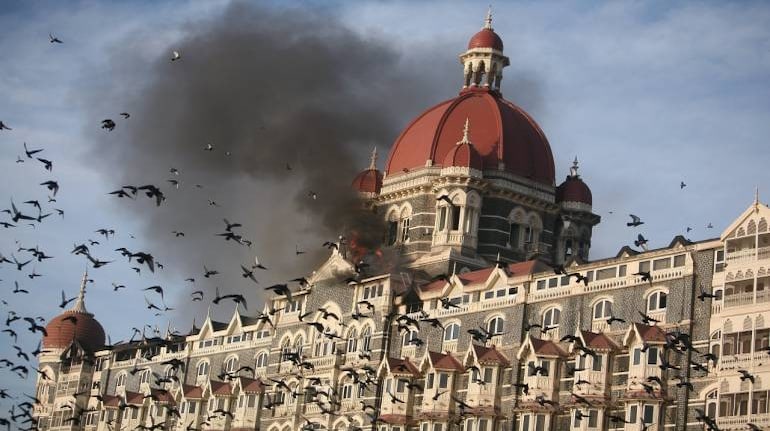



It has been ten years since Mumbai witnessed one of the worst terrorist attacks India has ever seen. On November 26, 2008, 10 Lashkar-E-Taiba militants sailed into the island city from Karachi and killed 166 civilians, injuring over 300.
One person among the 166 was the co-founder of Yes Bank, the youngest private bank of India at that time, Ashok Kapur.
Kapur had gone for dinner with his wife, Madhu Kapur, at the Trident-Oberoi Hotel's Kandahar restaurant, when the shooting began. In the chaos, the couple was separated and Madhu was able to escape with the help of security officers. However, Ashok could not make it outside. His body was found on the 19th floor of the hotel.
Ashok Kapur and Rana Kapoor together started Yes Bank in 2003. He was the chairman and Rana was managing director and chief executive officer. Before this, Ashok headed Rabo India.
The family was getting over this tragic loss when a disagreement started brewing between Madhu and Rana Kapoor.
In 2009, Madhu approached the bank to nominate her daughter Shagun on the board. The demand was rejected, as it did not fulfil the Reserve Bank of India’s (RBI) requirements. The nomination was rejected again in 2011 and moreover, Madhu’s name was stricken from the list of major shareholders.
As of March 31, 2010, Kapoor had held 14.8 percent stake and Madhu held 12.68 percent.
To add fuel to fire, Kapoor published a brief history of the bank in December 2012, without any reference to Ashok or Madhu. Following this, the board appointed three directors without any consultation from the family members.
In June 2013, Madhu requested to nominate her daughter on the Board and moved the Bombay High Court. She also wanted to have a greater say in appointing directors.
In 2015, the court ruled in her favour, quashing the appointment of the three directors and declaring that both Madhu and Kapoor had the right to jointly nominate directors on the board. This decision has been challenged before a division bench, where it is pending.
This issue was brought to the forefront in September when RBI rejected the Yes Bank board's request to provide a three-year extension to Rana Kapoor as CEO. The central bank has given the board time till January 31, 2019, to find Kapoor's successor.
After RBI's orders, Madhu wrote to the board members urging them to steer clear of Kapoor's influence in their search for a new CEO. There have been reports that the two promoters are seeking an out-of-court settlement, for the sake of the bank's growth. However, no such deal has been confirmed yet.
Discover the latest Business News, Sensex, and Nifty updates. Obtain Personal Finance insights, tax queries, and expert opinions on Moneycontrol or download the Moneycontrol App to stay updated!
Find the best of Al News in one place, specially curated for you every weekend.
Stay on top of the latest tech trends and biggest startup news.